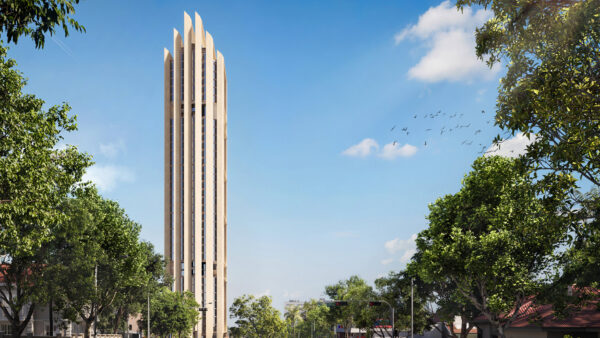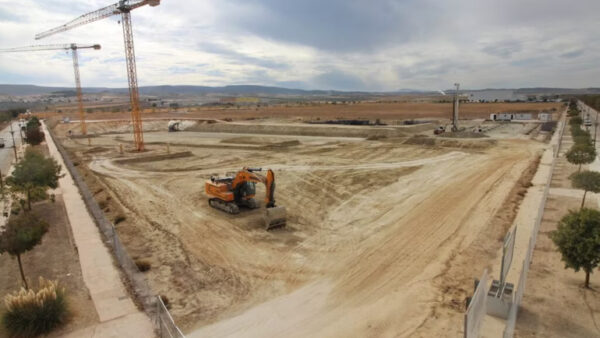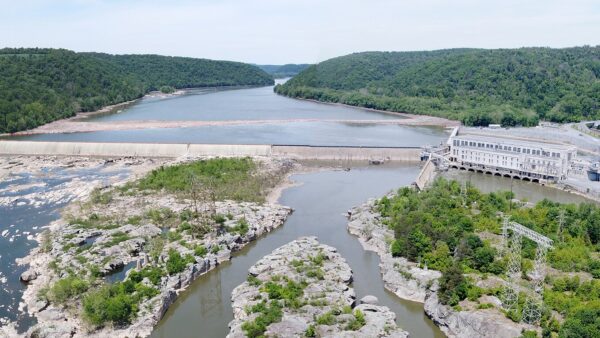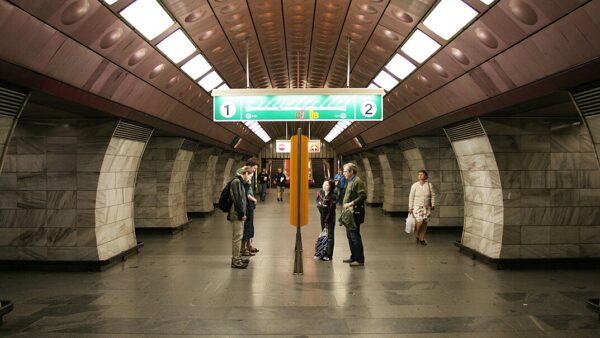A dispute between Romania’s highways agency and a Spanish-led construction consortium threatens to become a diplomatic row between their governments following the cancellation of a 21km highway contract after it was all but complete.
The agency, CNAIR, commissioned the work on Romania’s A1 motorway between Cosevita and Ilia, near the city of Timisoara in the west of the country, in October 2013. The winning bidder was a team made up of Comsa (Spain), Aldesa Construccion (Spain), Teloxim (Romania) and Arcadis (Netherlands).
After 99% of the work was completed, CNAIR said there were problems with the way the work had been done, and on 28 August it executed its contractual right to step in and fix them itself. Meanwhile, the construction companies claimed CNAIR still had to pay them a significant part of the contract sum.
Sorin Scarlat, the general manager of CNAIR, said the agency had found 60 problems along the motorway segment, between Ilia and Holdea.
The Spanish companies have now asked their country’s government to raise the matter with the Romanian Transport Ministry, which controls CNAIR.
Fernando Lana Hernandez, director of international construction at Aldesa, put the consortium’s case to the transport committee of the Romanian parliament yesterday (12 September).
He said: “We have made a complaint at the Spanish embassy, and Romania’s ambassador to Spain will be called for discussions, because Spain and Romania are friendly countries, and one does not do this to a friendly country.”
He added: “We also brought this conflict to the European Commission, where we accused Romania of discrimination against the foreign companies … I must tell you that, unfortunately, we have never before experienced, in any other country, what happened to us here. When our work was already done, they terminated the agreement.”
Construction work on the section of the A1 between Deva and Lugoj, which the Cosevita-to-Ilia section is part of, was due to be completed in 2016. However, it has been bedevilled by unexpected problems, including a revision of the environmental study to include “ecoducts” to allow bears to cross, the discovery of an illegal cemetery, which had to be relocated, and the presence of a cave housing a large legally protected bat population.
Image: A section of the A1 (Sorin Vasilescu/CC BY-SA 3.0)
Further reading:






